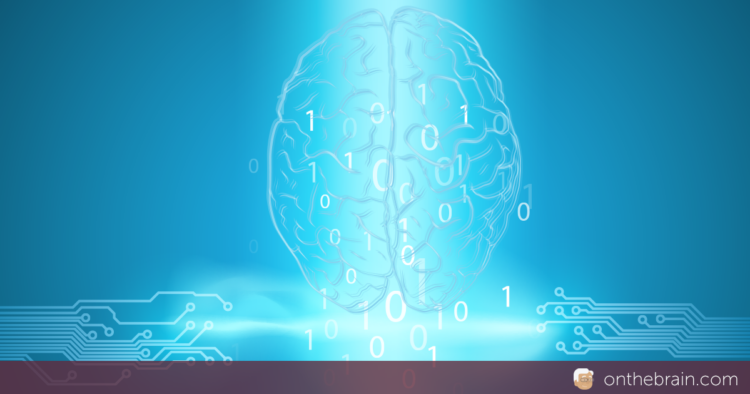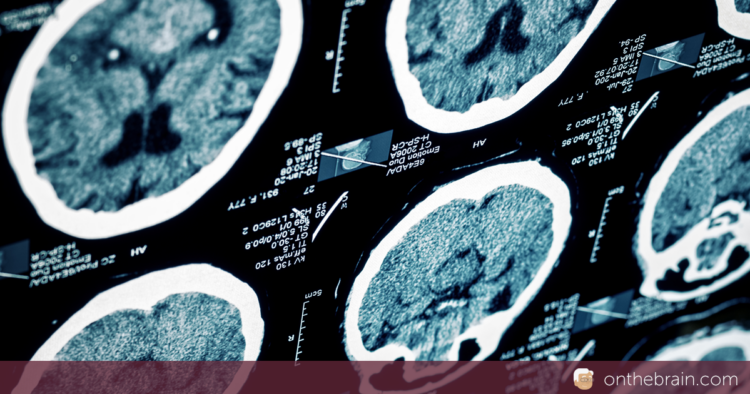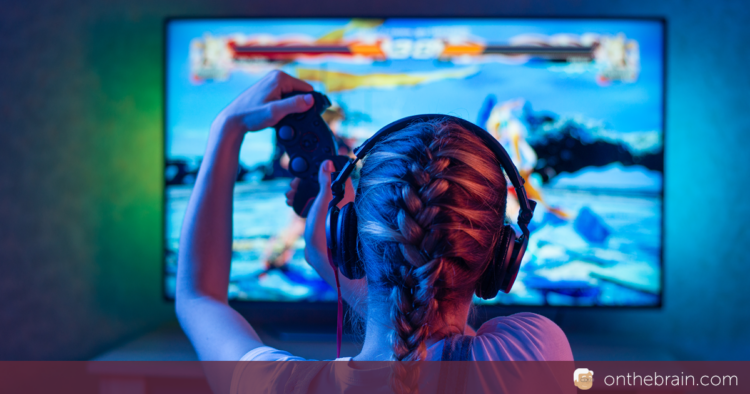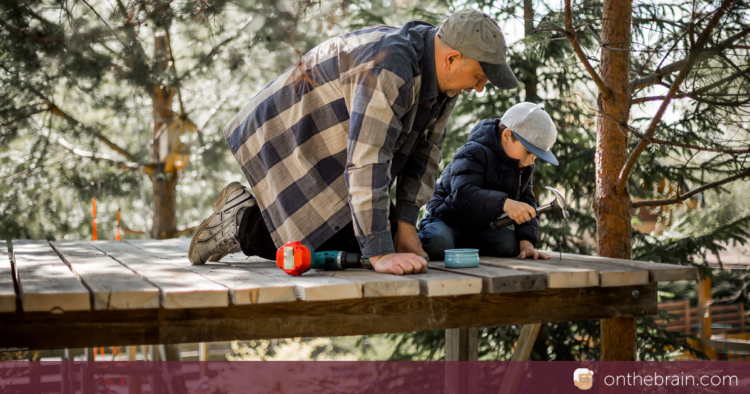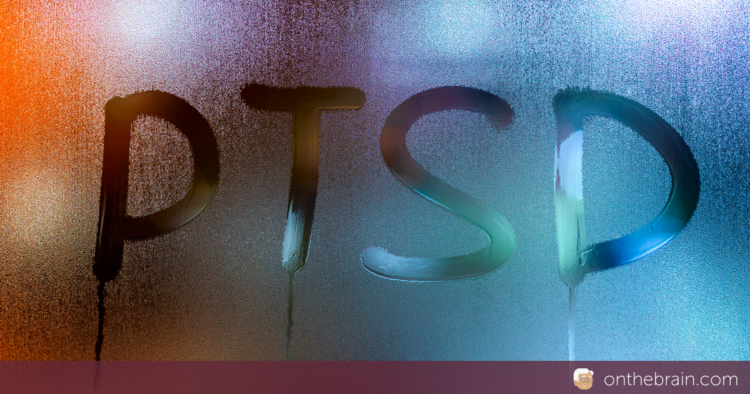Red red wine
One of the most interesting efforts targeting the development of anti-aging drugs stems from research conducted at Harvard that led to the identication of the compound in red wine (resveratrol) that accounts for its anti-aging properties. This compound is believed to activate a gene called SIRT-1, which appears to have a role in regulating lifespan…


